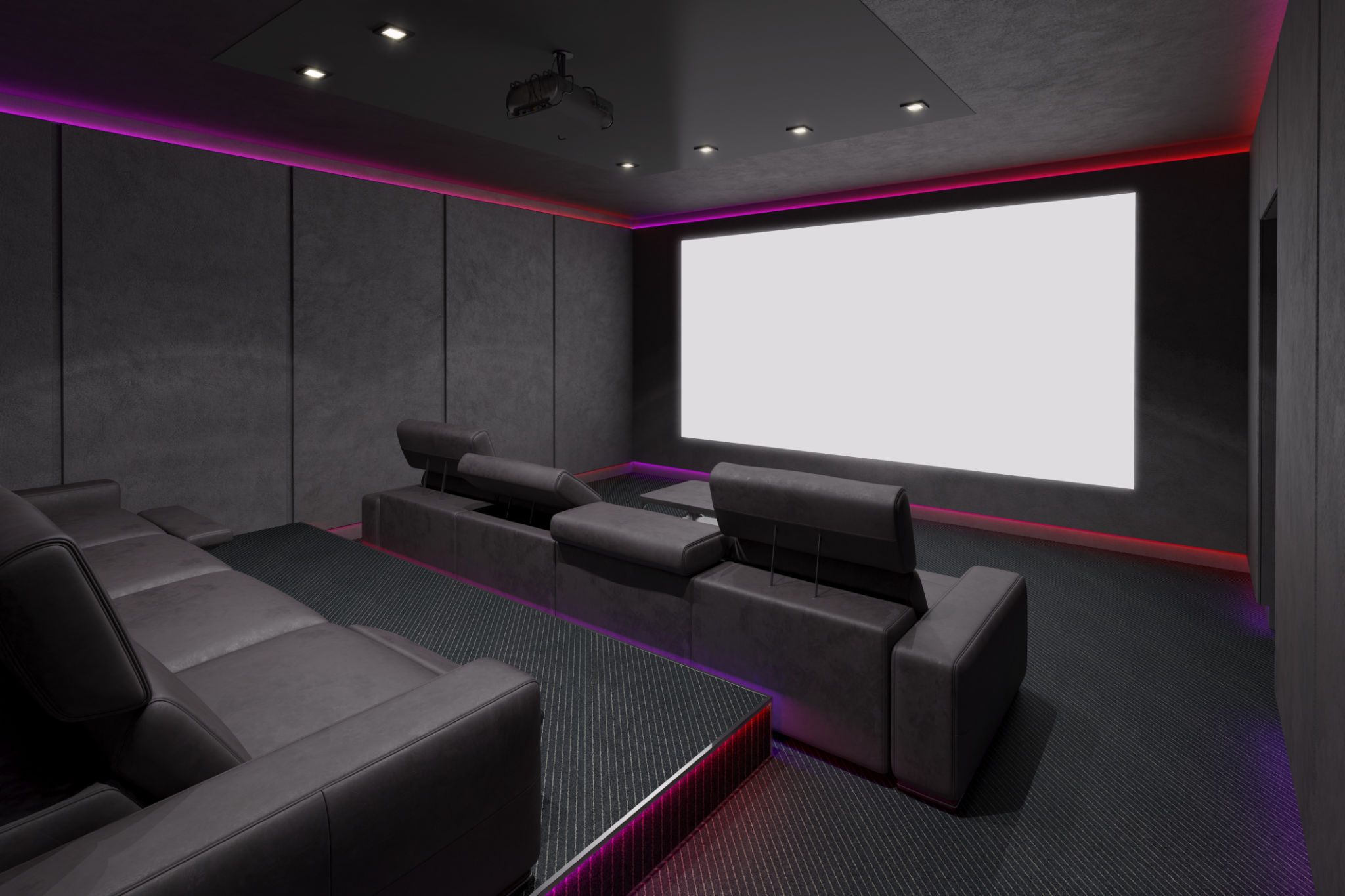Comparing Home Theater Systems: Best Options for Your Space
AP
Transforming your living space into a cinematic experience is now more achievable than ever with a variety of home theater systems on the market. However, choosing the right system can be overwhelming given the myriad of options available. This guide aims to help you compare different home theater systems to find the best fit for your space and lifestyle.
Understanding Your Space
Before diving into specific models, it's crucial to assess your room's size and acoustics. A smaller room may benefit from a compact soundbar system, while larger spaces might require a robust surround sound setup. Consider the room's layout, furniture placement, and wall materials, as they will affect sound quality and equipment arrangement.
Room acoustics play a significant role in determining the optimal setup. Hard surfaces like tiles or glass can reflect sound, potentially causing distortion, whereas carpets and curtains can absorb sound, enhancing clarity. Understanding these factors will guide you in selecting the right components for your home theater.

Types of Home Theater Systems
Home theater systems typically fall into three categories: soundbars, home-theater-in-a-box (HTIB), and component systems. Each has its own advantages and ideal use cases.
Soundbars
Soundbars are sleek, all-in-one devices that sit beneath your TV. They are perfect for small to medium-sized rooms and are easy to set up. Most modern soundbars come with wireless subwoofers that provide enhanced bass without cluttering your space with cables. If you value simplicity and space-saving design, a soundbar might be your best option.
Home-Theater-in-a-Box (HTIB)
HTIB systems offer a middle ground between soundbars and component systems. They usually include a receiver, speakers, and sometimes a Blu-ray player. These systems are great for those who want a more immersive experience without individually selecting components. HTIBs are typically designed for medium-sized rooms and offer a balanced sound quality.

Component Systems
For audiophiles or those looking for the ultimate home theater experience, component systems are ideal. These setups allow you to mix and match individual components such as receivers, speakers, and subwoofers. While they require more effort to assemble and configure, they offer unparalleled sound quality and customization options. Component systems are best suited for larger spaces where they can truly shine.
Key Features to Consider
When comparing home theater systems, pay attention to key features such as compatibility with 4K or HDR content, connectivity options like HDMI or Bluetooth, and smart capabilities like voice control or streaming services integration. Additionally, consider the brand's reputation and customer reviews to ensure reliability and satisfaction.

Many systems now also support Dolby Atmos and DTS:X for a more immersive audio experience. These technologies create a three-dimensional sound environment by adding height channels, allowing you to hear sounds coming from above as well as around you.
Budget Considerations
Your budget will play a significant role in determining which home theater system is best for you. Soundbars are generally more affordable, while component systems can become costly depending on the quality of individual components. It's important to strike a balance between cost and quality to ensure you receive the best value for your investment.
In conclusion, choosing the right home theater system involves understanding your space, evaluating different types of systems, considering key features, and aligning with your budget. By taking these factors into account, you can create an exceptional home theater experience tailored to your personal preferences.